
Gori: The Heartbeat of Georgian History
Gori, a charming city nestled in the heart of Georgia, is a hidden gem brimming with history and culture. Known as the birthplace of Joseph Stalin, Gori offers a unique mix of Soviet-era history and ancient Georgian traditions. The cityscape is dotted with historical landmarks, including the iconic Stalin Museum, which offers an intriguing glimpse into the life of one of the 20th century's most controversial figures. Visitors can explore Stalin's preserved childhood home and a vast collection of memorabilia, making it a must-visit for history enthusiasts. Beyond its Soviet past, Gori boasts a rich tapestry of ancient history. The Uplistsikhe Cave Town, located just a short drive from the city center, is a remarkable complex of rock-cut structures dating back to the early Iron Age. Wander through its labyrinthine tunnels, ancient theaters, and intricate wine cellars to experience a journey back in time. The serene and picturesque views from the cave town offer a stark contrast to the bustling city life below. Gori is not just about history; it is also a gateway to Georgian hospitality and cuisine. Delight in traditional Georgian dishes at local restaurants, where you can savor khachapuri (cheese-filled bread), khinkali (dumplings), and an array of flavorful wines. The city's markets are vibrant with fresh produce and handmade crafts, providing an authentic taste of Georgian culture. With its rich historical narrative and warm local charm, Gori is a captivating destination for any traveler seeking to explore the depths of Georgia's past and present.
Local tips in Gori
- Visit the Stalin Museum early in the morning to avoid crowds and get the best experience.
- Wear comfortable shoes when exploring Uplistsikhe Cave Town, as the terrain can be uneven and steep.
- Try the local khinkali at a traditional restaurant for an authentic taste of Georgian cuisine.
- Explore the local markets to buy unique handmade crafts and fresh produce.
- Learn a few basic Georgian phrases to enhance your interaction with the friendly locals.
Gori: The Heartbeat of Georgian History
Gori, a charming city nestled in the heart of Georgia, is a hidden gem brimming with history and culture. Known as the birthplace of Joseph Stalin, Gori offers a unique mix of Soviet-era history and ancient Georgian traditions. The cityscape is dotted with historical landmarks, including the iconic Stalin Museum, which offers an intriguing glimpse into the life of one of the 20th century's most controversial figures. Visitors can explore Stalin's preserved childhood home and a vast collection of memorabilia, making it a must-visit for history enthusiasts. Beyond its Soviet past, Gori boasts a rich tapestry of ancient history. The Uplistsikhe Cave Town, located just a short drive from the city center, is a remarkable complex of rock-cut structures dating back to the early Iron Age. Wander through its labyrinthine tunnels, ancient theaters, and intricate wine cellars to experience a journey back in time. The serene and picturesque views from the cave town offer a stark contrast to the bustling city life below. Gori is not just about history; it is also a gateway to Georgian hospitality and cuisine. Delight in traditional Georgian dishes at local restaurants, where you can savor khachapuri (cheese-filled bread), khinkali (dumplings), and an array of flavorful wines. The city's markets are vibrant with fresh produce and handmade crafts, providing an authentic taste of Georgian culture. With its rich historical narrative and warm local charm, Gori is a captivating destination for any traveler seeking to explore the depths of Georgia's past and present.
When is the best time to go to Gori?
Iconic landmarks you can’t miss
Stalin Museum
Explore the Stalin Museum in Gori, Georgia, where history comes alive through exhibits dedicated to the life of one of the 20th century's most controversial figures.
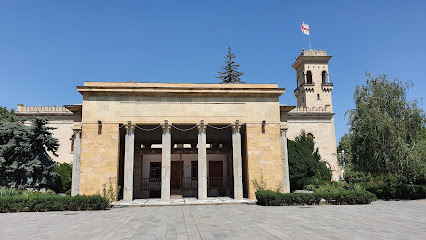
Stalin Park
Discover the historical significance and natural beauty of Stalin Park in Gori, a serene memorial park dedicated to one of history's most controversial figures.
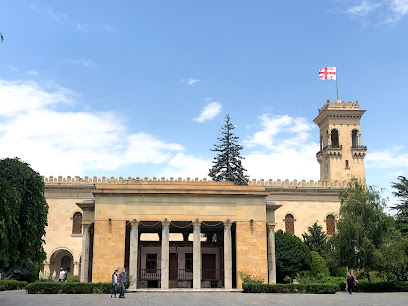
Gori Fortress
Discover the historical grandeur of Gori Fortress, an iconic symbol of Georgia's rich past, offering stunning views and cultural insights.
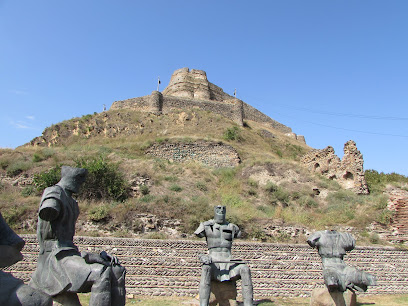
Gori Ethnographic Museum
Explore the rich cultural heritage of Gori at the Ethnographic Museum, where history and tradition come alive through captivating exhibits.
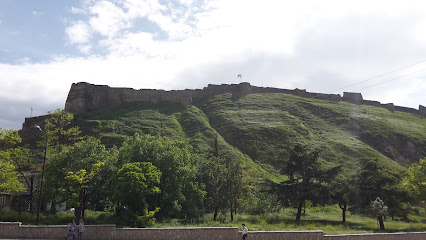
Great Patriotic War Museum
Discover the powerful stories of resilience and sacrifice at the Great Patriotic War Museum in Gori, a key historical site in Georgia.
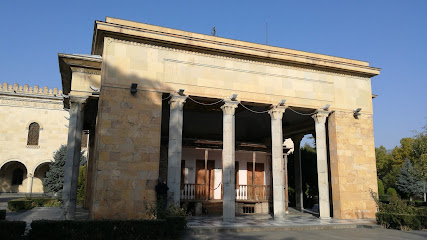
Gori Hall
Explore Gori Hall, the heart of Gori, Georgia, where history, culture, and community converge in a stunning architectural setting.
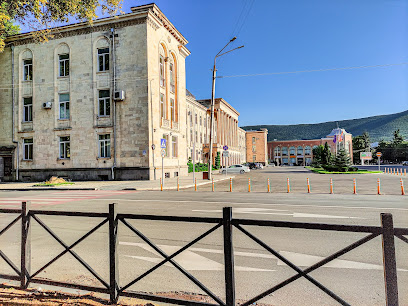
Stalin wagon
Explore the Stalin Wagon in Gori, Georgia—a unique heritage museum showcasing the train of Joseph Stalin and the rich history of the Soviet era.
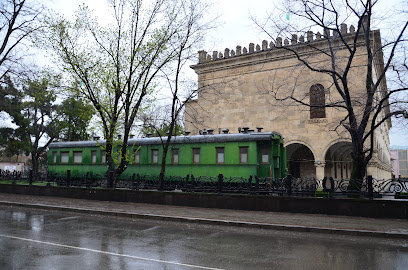
Memorial of Georgian War Heroes
Explore the Memorial of Georgian War Heroes in Gori, a striking monument celebrating the bravery of Georgia's defenders amidst stunning landscapes.
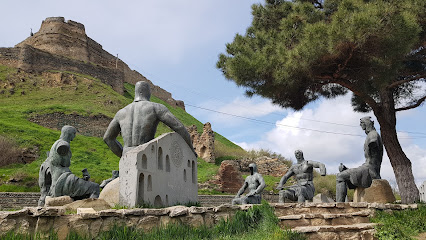
Gudabertka Archaeological Site
Discover the rich history of Georgia at the Gudabertka Archaeological Site, where ancient artifacts tell the tales of bygone civilizations.
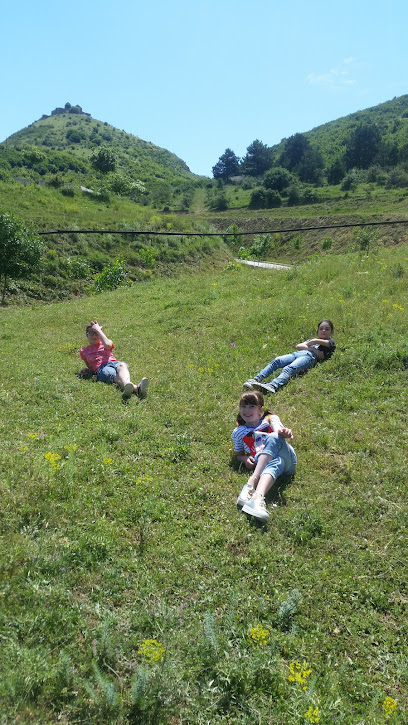
Stalin monument
Discover the Stalin Monument in Gori, a powerful symbol of Georgia's complex history and a must-visit for those exploring the country's rich cultural heritage.
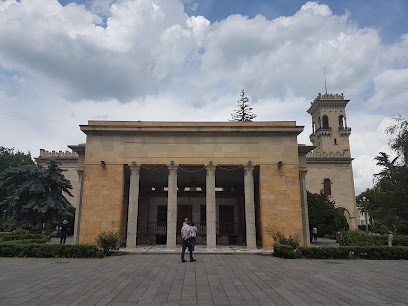
ლომჭაბუკის ძეგლი
Discover the ancient Gori Fortress and immerse yourself in the rich history and stunning views of this iconic Georgian landmark.
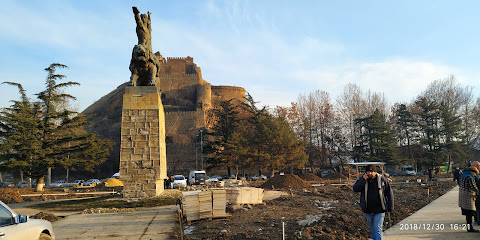
1001 Georgian Ornaments
Explore the artistic splendor of 1001 Georgian Ornaments in Gori, where intricate craftsmanship meets rich cultural heritage.
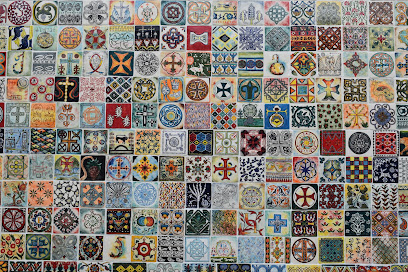
Gorijvari
Explore the serene landscapes and rich culture of Gorijvari, a hidden gem in Didi Gorijvari perfect for nature lovers and culture enthusiasts alike.
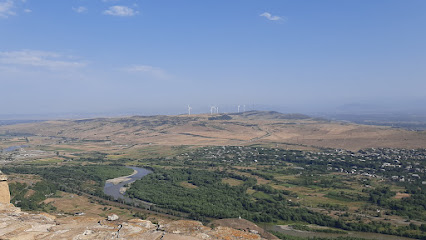
Stalin Square
Discover the rich history and vibrant atmosphere of Stalin Square in Gori, a central hub for culture and community life in Georgia.
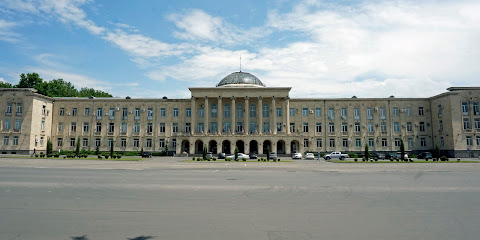
Unmissable attractions to see
Narikala
Explore Tbilisi's historic Narikala Fortress: panoramic views, ancient walls, and the St. Nicholas Church await!
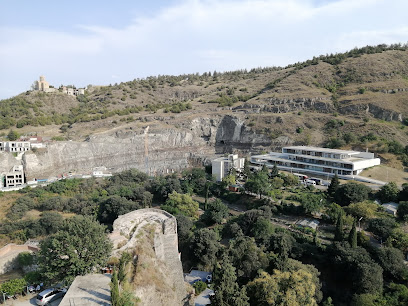
Vardzia
Explore Vardzia, Georgia's ancient cave monastery: a journey through history, art, and faith carved into the mountainside.
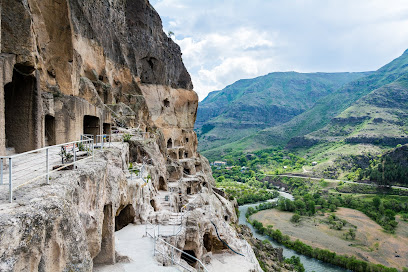
Funicular Park
Ascend to Tbilisi's highest point for panoramic views, amusement park thrills, and a century of history at Funicular Park.
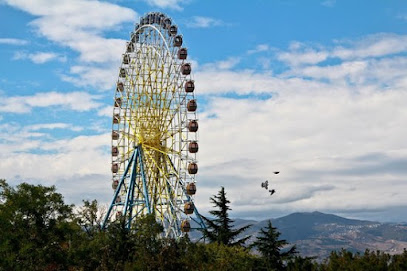
Stalin Museum
Explore the life and legacy of Joseph Stalin at his birthplace in Gori, Georgia.
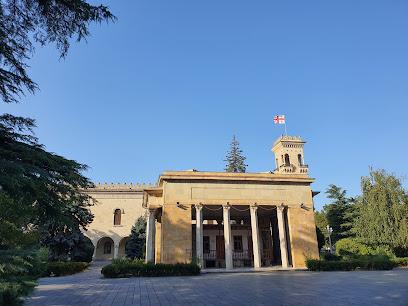
Gori Fortress
Explore Gori Fortress: A medieval citadel offering panoramic views and a glimpse into Georgia's strategic past. Free entry!
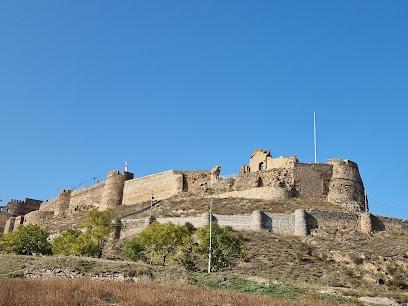
Shiomgvime Monastery
Discover Shiomgvime Monastery, a serene 6th-century monastic complex near Mtskheta, Georgia, offering a glimpse into the country's rich spiritual heritage.
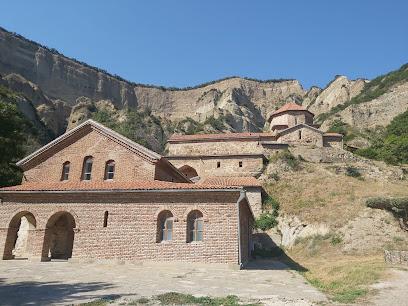
Monastery of Saint Nicholas of Kintsvisi
Discover the spiritual majesty of Kintsvisi Monastery in Georgia, a 12th-century treasure with stunning frescoes and serene landscapes.
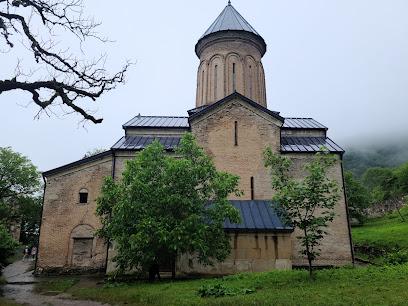
Bazaleti Lake
Escape to Bazaleti Lake: Discover healing waters, breathtaking scenery, and a rich history in the heart of Georgia's Mtskheta-Mtianeti region.
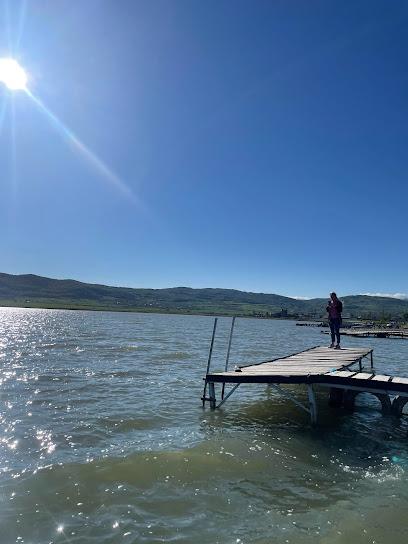
Timothesubani Holy Dormition Church
Discover the Timothesubani Holy Dormition Church, a stunning 12th-century monastery in Tsaghveri, where history and tranquility intertwine amidst breathtaking landscapes.
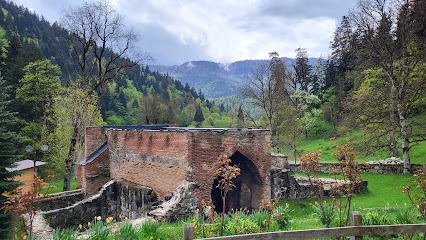
Ateni Sioni Church
Discover Ateni Sioni Church: A 7th-century Georgian masterpiece with stunning frescoes, serene valley views, and a glimpse into Georgia's rich history.
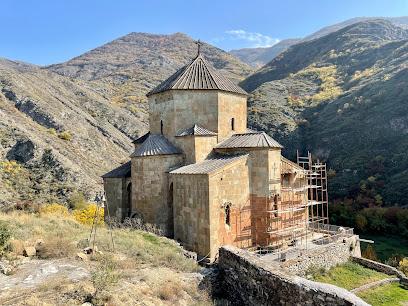
Bebristsikhe
Explore Bebristsikhe Fortress: A medieval Georgian stronghold with stunning views and a rich history near Mtskheta.
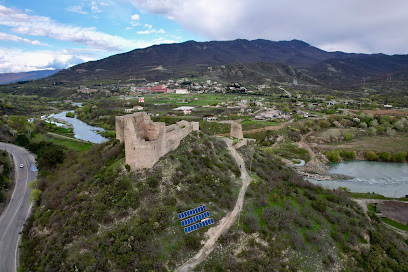
Samtavisi Cathedral
Discover Samtavisi Cathedral, an 11th-century Georgian architectural gem with stunning carvings, a rich history, and a peaceful atmosphere.
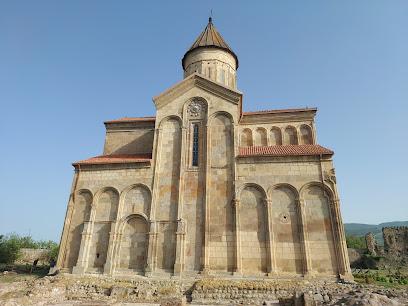
Algeti's National Park
Discover Georgia's natural beauty: Hike scenic trails, spot diverse wildlife, and explore historical sites in Algeti National Park, just a short trip from Tbilisi.
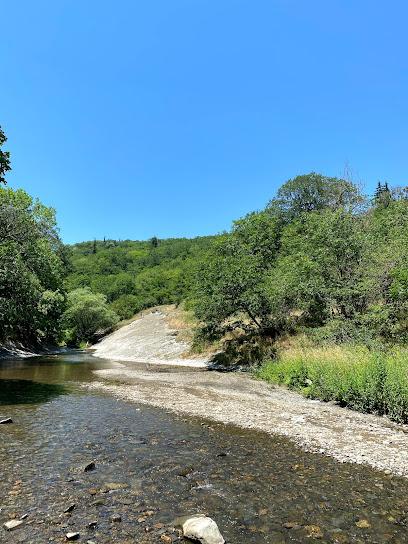
Ertatsminda Saint Estate Church
Discover the medieval beauty and spiritual serenity of Ertatsminda Saint Estate Church, a cultural landmark in the heart of Georgia.
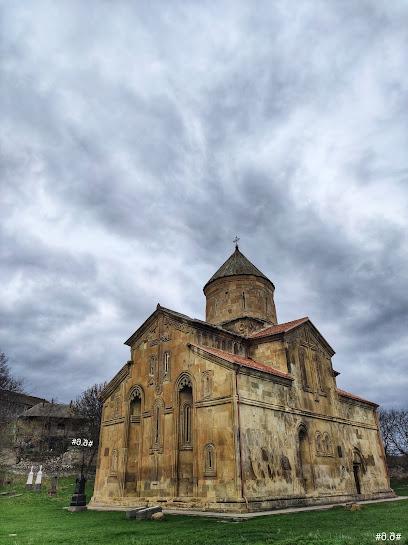
Uplistsikhe Museum-Reserve
Discover Uplistsikhe, Georgia's ancient cave city: a journey through rock-cut history, blending pagan and Christian architecture on the historic Silk Road.
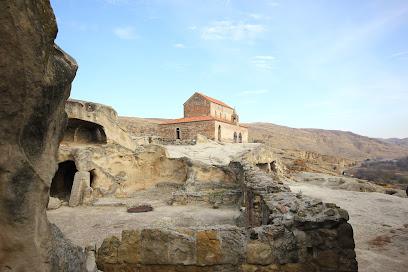
Essential places to dine
Restaurant Fish House
Discover exquisite seafood dishes paired with traditional Georgian flavors at Fish House in Gori.
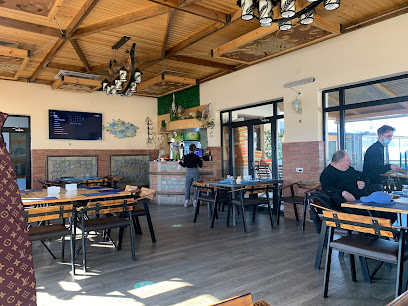
Nacharmagevi
Experience the essence of Georgian cuisine at Nacharmagevi in Gori – a culinary gem offering authentic flavors and warm hospitality.
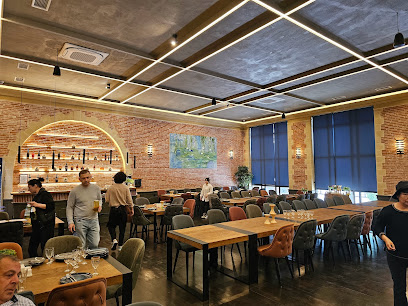
Brotherhood Shop
Discover the rich flavors of Georgian cuisine at Brotherhood Shop in Gori – a must-visit dining destination for every traveler.
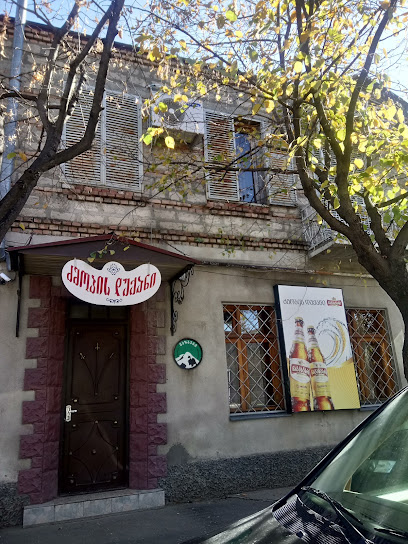
Berikoni
Experience the rich flavors of Georgia at Berikoni – where tradition meets taste in the heart of Gori.
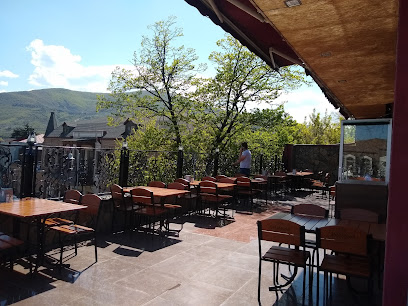
Shin da Gori
Discover authentic Georgian cuisine at Shin da Gori in Gori - where tradition meets flavor in every bite.
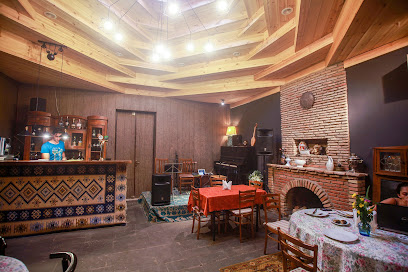
Erisoni
Discover authentic Georgian flavors at Erisoni in Gori - where tradition meets taste in a welcoming atmosphere.
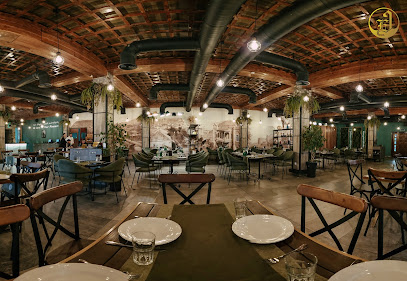
Joseph ჟოზეფი
Discover authentic Georgian flavors at Joseph - where tradition meets taste in Gori's vibrant dining scene.
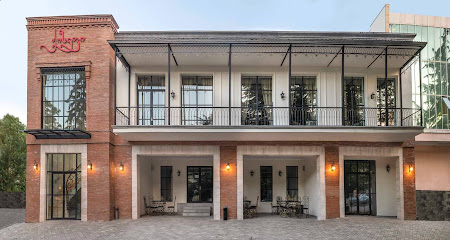
KE&RA
Experience the warmth of Georgian hospitality at KE&RA – where family-friendly dining meets delicious local cuisine.
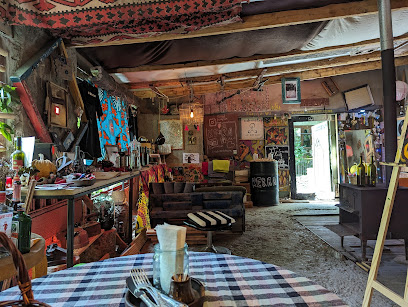
Chinebuli
Discover authentic Georgian flavors at Chinebuli in Gori - a culinary haven offering traditional dishes and local wines.
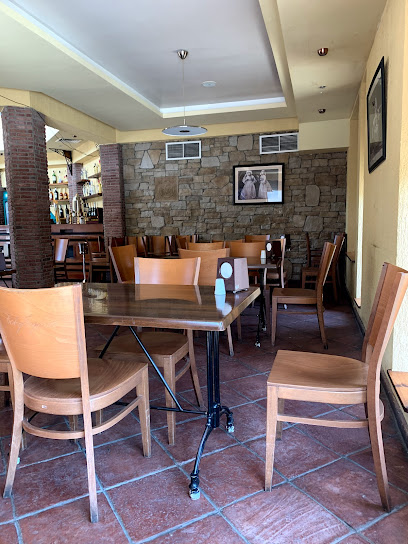
Cafe 22
Discover authentic Georgian flavors at Cafe 22 in Gori, where every meal is an experience amidst cozy surroundings.
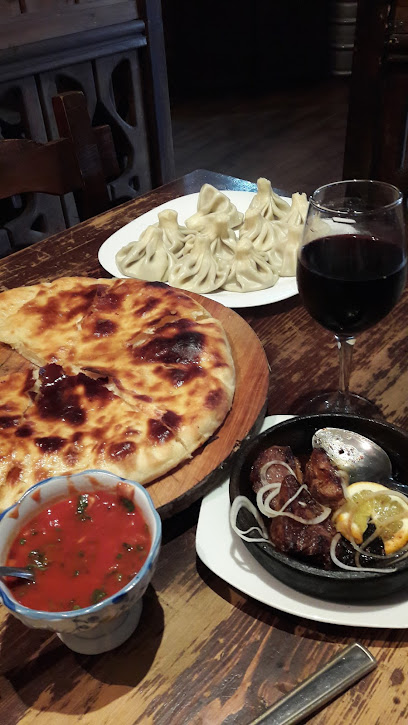
Nikala
Experience authentic Georgian cuisine at Nikala in Gori - where tradition meets flavor in a cozy setting.
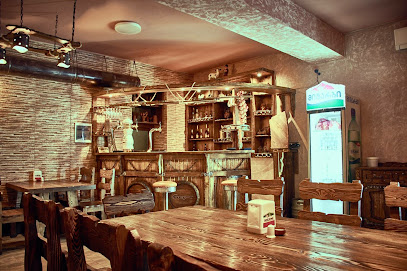
კაკლები - Cafe Courtyard Kaklebi
Discover authentic Georgian flavors at Cafe Courtyard Kaklebi in Gori – a culinary gem offering delicious khinkali and warm hospitality.
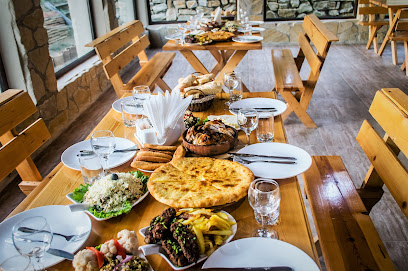
Resto-Bar Black Stars
Savor authentic Georgian flavors at Resto-Bar Black Stars in Gori, where tradition meets taste in a cozy setting.
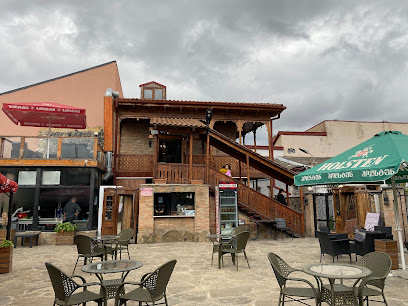
ვილა პარკ გორი (Villa Park Gori)
Discover the authentic flavors of Georgia at Villa Park Gori - a culinary gem offering delicious dishes in a picturesque setting.
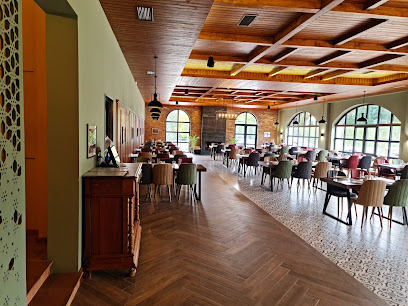
ზღაპარი Zgapari
Discover authentic Georgian flavors at Zgapari in Gori – where every dish tells a story of tradition and taste.
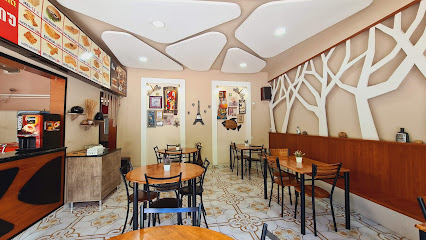
Markets, malls and hidden boutiques
Gori Fortress
Explore the rich history and stunning vistas at Gori Fortress, a remarkable landmark in Georgia that offers a glimpse into the past.
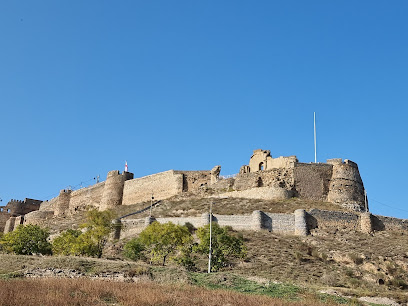
Begeli
Explore the vibrant Begeli Supermarket in Gori, where local and international products come together for an exceptional shopping experience.
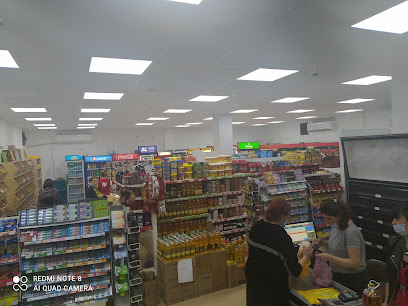
ლიბრე. #402
Explore the vibrant culture of Gori at ლიბრე Supermarket, where local flavors and fresh produce await your discovery.
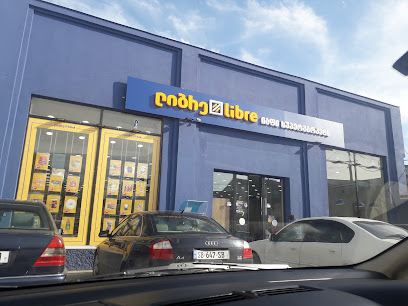
გორი მოლი
Discover Gori Mall, a vibrant shopping destination in Gori, Georgia, offering diverse shops and local cuisine amidst modern architecture.
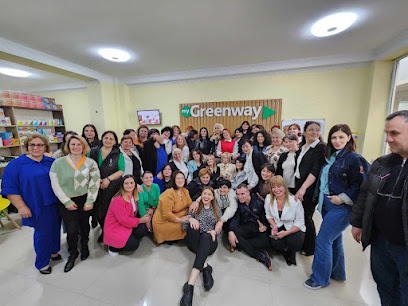
Memorial of Georgian War Heroes
Explore the Memorial of Georgian War Heroes in Gori, a poignant tribute to the nation's defenders amidst rich history and beautiful landscapes.
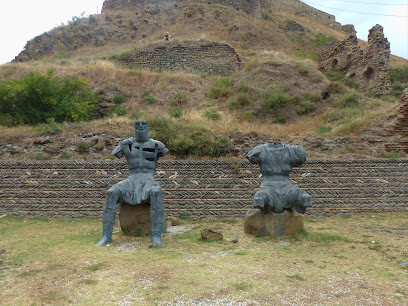
Daily Grocery
Explore the Daily Grocery in Gori for an authentic taste of Georgian culture with fresh local produce and traditional delicacies.
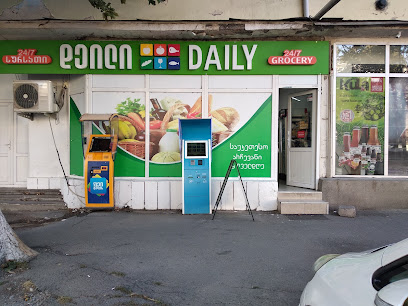
Chiamaia
Explore Chiamaia in Gori for an authentic shopping experience filled with local crafts and Georgian charm. Perfect souvenirs await every traveler.
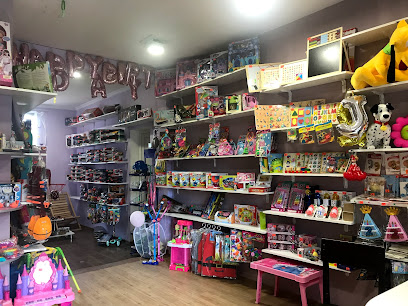
Gori Mall
Discover Gori Mall, your ultimate shopping destination in Gori, Georgia, featuring diverse stores, delicious dining, and vibrant entertainment options.
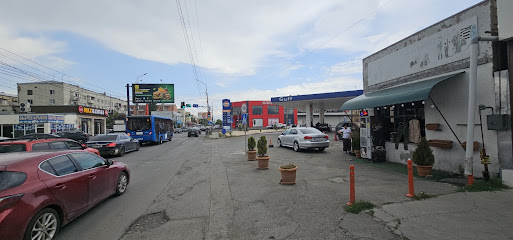
Spar
Explore the unique flavors of Georgia at Spar, your go-to grocery store in Tbilisi for fresh produce and local delicacies.
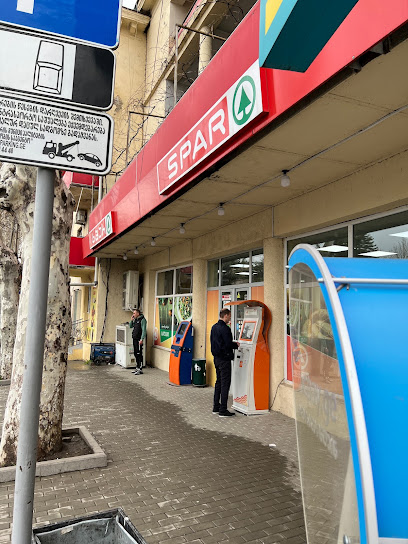
Pets Store
Explore Gori's top pet store, offering a variety of pets and quality supplies for animal lovers in a welcoming atmosphere.
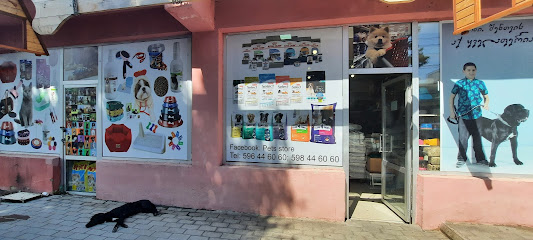
ბიბლუსი
Explore the charming Bibiliusi bookstore in Gori, where literature and local culture intertwine in a cozy, inviting atmosphere.
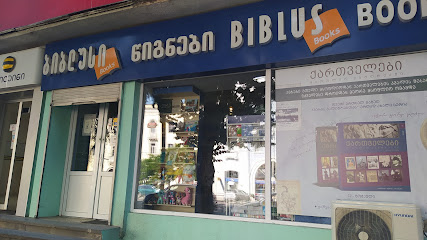
Stationery Store
Discover the charm of Gori at the Stationery Store, where creativity and quality stationery come together in a delightful shopping experience.
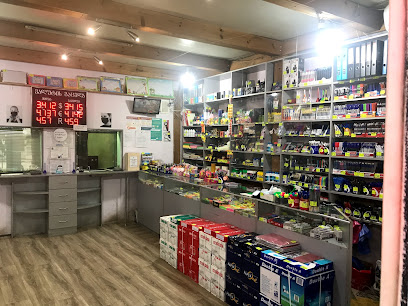
ALL BRAND
Experience the warmth of ALL BRAND Coffee Shop in Gori, where exceptional coffee meets a cozy atmosphere for a perfect respite.
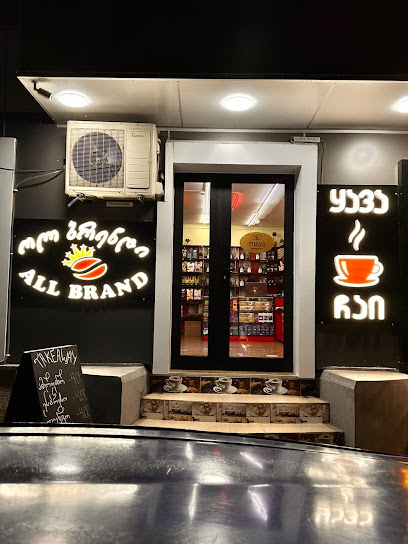
Space - სფეისი
Discover the cozy charm of Space - სფეისი, a top coffee shop in Gori offering exceptional brews and a welcoming atmosphere for all visitors.
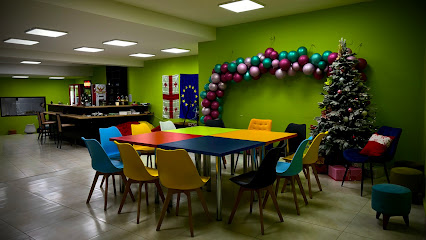
საცხობი მუზა სახაჭაპურე
Discover the sweet taste of Georgia at Mza Bakery, where delightful pastries and authentic cakes await in the heart of Gori.
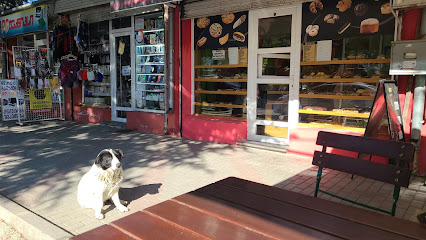
Essential bars & hidden hideouts
Restaurant Fish House
Experience the best of seafood and Georgian cuisine at the Fish House in Gori, where fresh flavors and warm hospitality await you.
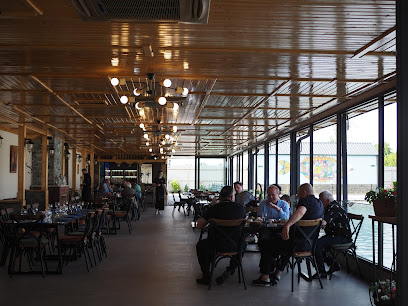
Berikoni
Experience the authentic taste of Georgian cuisine at Berikoni in Gori, where tradition meets flavor in a cozy setting.
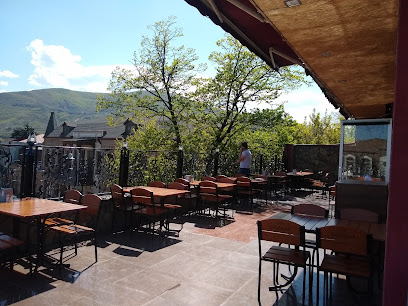
Shin da Gori
Experience the authentic taste of Georgia at Shin da Gori, where traditional recipes meet warm hospitality in the heart of Gori.
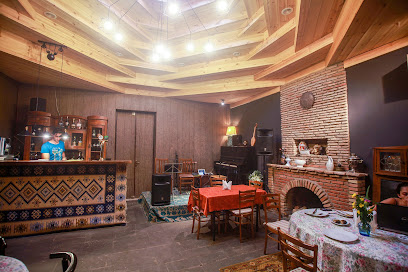
Erisoni
Discover the essence of Georgian cuisine at Erisoni in Gori, where traditional flavors meet a cozy atmosphere for an unforgettable dining experience.
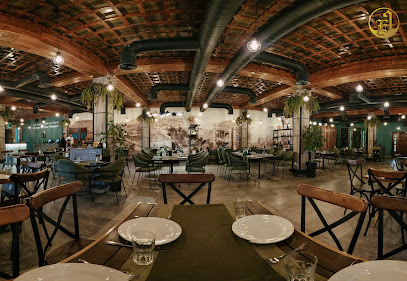
KE&RA
Discover the ultimate family dining experience at KE&RA in Gori, where delightful Georgian cuisine meets a warm, welcoming atmosphere.
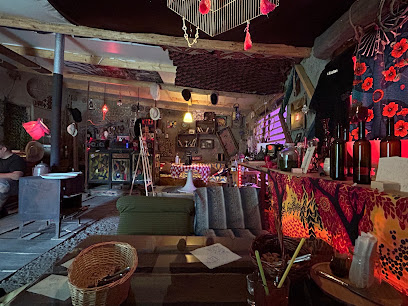
Chinebuli
Experience authentic Georgian cuisine at Chinebuli in Gori, where every dish tells a story of tradition and flavor.
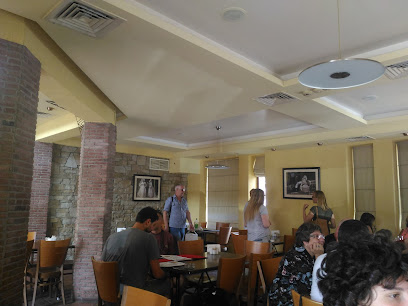
Cafe 22
Discover the flavors of Georgia at Café 22 in Gori, where traditional cuisine meets a cozy atmosphere for a memorable dining experience.
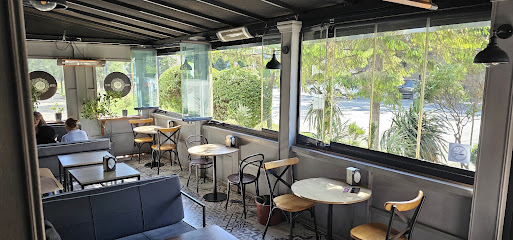
Nikala
Experience authentic Georgian cuisine at Nikala, a charming restaurant in Gori, where local flavors and warm hospitality await every visitor.
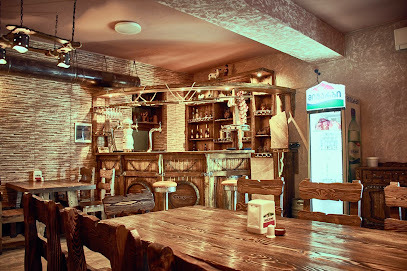
კაკლები - Cafe Courtyard Kaklebi
Experience authentic Georgian flavors in a charming courtyard at Café Courtyard Kaklebi, a must-visit restaurant in Gori.
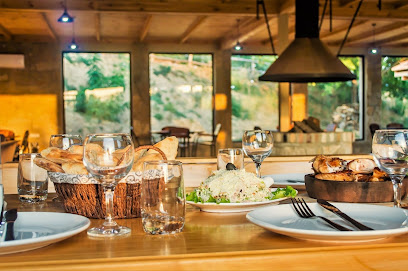
Resto-Bar Black Stars
Experience authentic Georgian cuisine at Resto-Bar Black Stars in Gori, where traditional flavors meet a lively atmosphere.
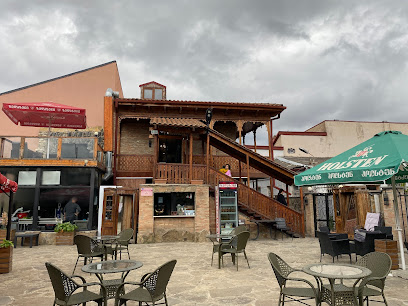
ზღაპარი Zgapari
Discover the authentic taste of Georgian cuisine at Zgapari, a cozy restaurant in Gori known for its traditional dishes and warm hospitality.
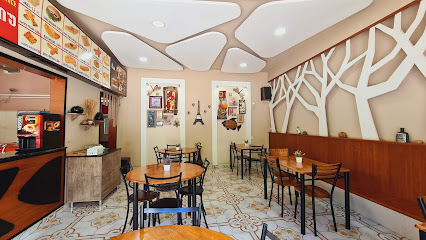
Resto-bar ძველი უბანი
Discover the essence of Georgian cuisine at Resto-bar ძველი უბანი in Gori, where tradition meets a modern dining experience.
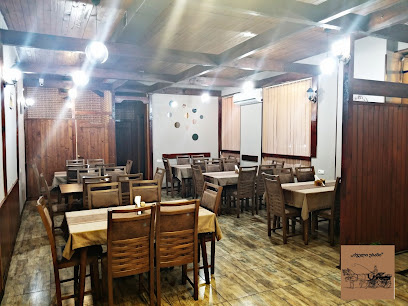
პაბ რესტორანი
Experience authentic Georgian cuisine in a lively atmosphere at Gori's Pub Restaurant, where local flavors and hospitality come together.
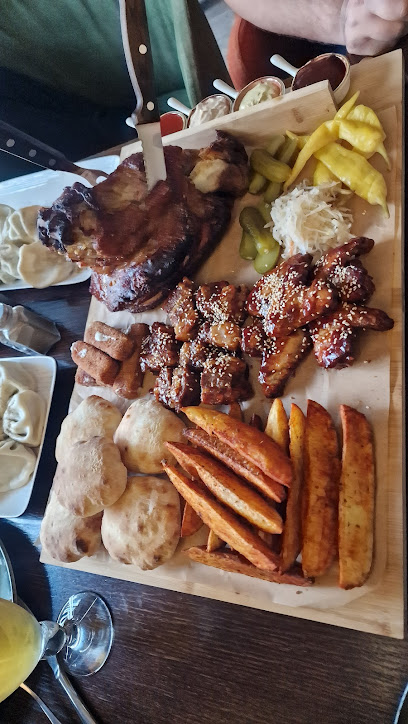
ჩუმ მაღნარში
Experience the essence of Georgian wine culture at Ch'um Maghnari Wine Bar in Gori, where tranquility meets tradition in every sip.
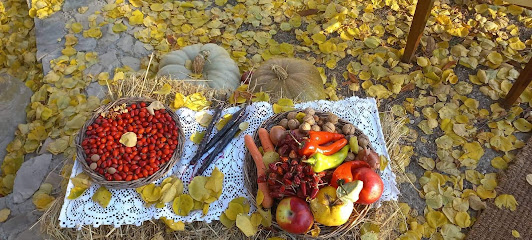
Local Phrases
-
- Helloგამარჯობა
[gamardjoba] - Goodbyeნახვამდი
[nakvamdi] - Yesკი
[ki] - Noარა
[ara] - Please/You're welcomeგთხოვთ
[gtkhovt] - Thank youმადლობა
[madloba] - Excuse me/Sorryშემშრომები
[shemshromebi] - How are you?როგორ ხარ?
[rogor khar?] - Fine. And you?კარგად. შენ?
[kargad. shen?] - Do you speak English?იცით ინგლისურს?
[itsit inglisurs?] - I don't understandარ გაიგებ
[ar gaigeb]
- Helloგამარჯობა
-
- I'd like to see the menu, pleaseგთხოვთ მენიუს ნახოთ
[gtkhovt menuis nakhot] - I don't eat meatარ მჭირდება ხორი
[ar mtsirdeba khor] - Cheers!გაუჯეროს!
[gaujeros] - I would like to pay, pleaseგთხოვთ გადავახდოთ
[gtkhovt gadavakdot]
- I'd like to see the menu, pleaseგთხოვთ მენიუს ნახოთ
-
- Help!დახმარება!
[dakhmareba!] - Go away!წადით გზაზე!
[tsadit gzaze!] - Call the Police!დაუუხმევით პოლიცია!
[dauxmevit politsia!] - Call a doctor!დაუუხმევით ეშმაკი!
[dauxmevit eshmaki!] - I'm lostშევკაცებ
[shevkatsheb] - I'm illსავარძელი ვარ
[savarzheli var]
- Help!დახმარება!
-
- I'd like to buy...მიყვარხართ ...
[miqvarxart ...] - I'm just lookingმხოლოდ ნახებია
[mkholod nakhebia] - How much is it?რამდენი ღირს?
[ramdeni ghirs?] - That's too expensiveეს ძალიან დაბალია
[es dzalian dabalia] - Can you lower the price?შეიძლება ფასი დამაბალოთ?
[sheizleba fasi damabalot?]
- I'd like to buy...მიყვარხართ ...
-
- What time is it?რა საათია?
[ra saatia?] - It's one o'clockერთია
[ertia] - Half past (10)საათი და ნახევარი
[saati da nakhevari] - Morningდილი
[dili] - Afternoonსაღამო
[saghamo] - Eveningშუადღე
[shuadge] - Yesterdayგუშინ
[gushin] - Todayდღეს
[dges] - Tomorrowხვალ
[khval] - 1ერთი
[erti] - 2ორი
[ori] - 3სამი
[sami] - 4ოთხი
[otkhi] - 5ხუთი
[khuti] - 6ექვსი
[ekvsi] - 7შვიდი
[shvidi] - 8რვა
[rva] - 9ცხრა
[tskhra] - 10ათი
[ati]
- What time is it?რა საათია?
-
- Where's a/the...?სადაა ...?
[sadaa ...?] - What's the address?როგორია მისია?
[rogoria misia?] - Can you show me (on the map)?გაქვთ რუკა თვალით მიჩვენოთ?
[gakvt ruka tvlit michvenot?] - When's the next (bus)?როდისაა შემდეგი (ავტობუსი)?
[rodisaa shemdegis (avtobusi)?] - A ticket (to ....)ბილეთი (სადამე ...)
[bileti (sadame ...)]
- Where's a/the...?სადაა ...?
History of Gori
-
Gori, located in the heart of Georgia, has a history that stretches back to ancient times. Archaeological findings suggest that the area was inhabited as early as the Early Bronze Age. The strategic location of Gori made it a significant settlement in the ancient Kingdom of Iberia, one of the early Georgian states. The town played a crucial role in controlling the trade routes that traversed the region.
-
One of the most iconic landmarks in Gori is the Gori Fortress, which dates back to the 7th century. This medieval stronghold was built on a hill overlooking the town and has served as a defensive structure for centuries. The fortress has been a witness to countless battles and invasions, including the Mongol invasions in the 13th century and the Persian invasions in the 17th century. Its strategic location provided the town with a significant military advantage.
-
Gori is famously known as the birthplace of Joseph Stalin, the Soviet dictator. Born on December 18, 1878, as Ioseb Besarionis dze Jughashvili, Stalin's early life in Gori is marked by his attendance at the local church school and later the Tiflis Theological Seminary. Today, the Joseph Stalin Museum in Gori offers a comprehensive look into his life, from his humble beginnings in Gori to his rise to power in the Soviet Union. The museum complex includes Stalin's childhood home, his personal train carriage, and numerous artifacts related to his life.
-
In August 2008, Gori found itself at the center of the conflict during the Russo-Georgian War. The town was heavily bombarded, and many residents were forced to flee. The war had a profound impact on Gori, and the scars of the conflict can still be seen today. The international community's response and subsequent peace efforts have played a significant role in the town's recovery and rebuilding process.
-
Gori boasts a rich cultural and architectural heritage. The town is home to several important religious sites, including the Ateni Sioni Church, a remarkable example of early medieval Georgian architecture dating back to the 7th century. The local culture is deeply rooted in traditional Georgian customs and practices. Visitors can experience authentic Georgian hospitality, cuisine, and folklore in Gori, making it a unique destination for those interested in the cultural traditions of the region.
-
In recent years, Gori has seen significant development and modernization. The town has invested in infrastructure, education, and tourism, aiming to attract more visitors and improve the quality of life for its residents. New parks, museums, and cultural centers have been established, reflecting Gori's commitment to preserving its historical heritage while embracing modernity. The annual Gori Fortress Festival is a testament to the town's vibrant cultural scene, celebrating local traditions, music, and arts.
Gori Essentials
-
Gori is located in the Shida Kartli region of Georgia. The nearest international airport is Tbilisi International Airport, approximately 80 kilometers away. From Tbilisi, you can take a taxi, a marshrutka (minibus), or a train to Gori. The journey by road typically takes around 1.5 hours, while the train offers a scenic route through the Georgian countryside.
-
Gori is a relatively small city, and many of its attractions are within walking distance. Local taxis are readily available and inexpensive. Public buses and marshrutkas operate within the city and connect to nearby villages. Renting a car can also be a convenient option for exploring the surrounding areas at your own pace.
-
The official currency in Georgia is the Georgian Lari (GEL). Credit cards are accepted in some hotels, restaurants, and shops, but it is advisable to carry cash, especially in smaller establishments and rural areas. ATMs are available in Gori, but it is wise to withdraw sufficient cash in Tbilisi before traveling to ensure you have enough funds.
-
Gori is generally a safe destination for tourists. However, like any travel destination, it is advisable to take standard precautions. Avoid walking alone at night in unfamiliar areas and keep an eye on your belongings in crowded places. While there are no specific high-crime areas targeting tourists, it is always best to stay vigilant and aware of your surroundings.
-
In case of emergency, dial 112 for immediate assistance. The local police station and medical facilities are available in Gori. It is recommended to have travel insurance that covers medical emergencies. For minor health issues, there are pharmacies in the town where you can purchase over-the-counter medications.
-
Fashion: Do dress modestly, especially when visiting religious sites. Avoid wearing revealing clothing. Religion: Do respect local customs and traditions. Always cover your head when entering churches and monasteries. Public Transport: Do be respectful and give up your seat to elderly passengers. Don’t eat or drink on public transport. Greetings: Do greet people with a handshake. A slight bow of the head is also a sign of respect. Eating & Drinking: Do try local delicacies and accept food offerings graciously. Don’t refuse hospitality, as it is considered impolite.
-
To experience Gori like a local, visit the local markets where you can buy fresh produce and traditional Georgian goods. Engage with locals, as they are often friendly and willing to share stories about the city's history and culture. Don’t miss visiting the Stalin Museum, which offers a unique perspective on the city’s famous historical figure. For a unique experience, take a walk to the Gori Fortress, offering breathtaking views of the city and the surrounding landscape.
Nearby Cities to Gori
-
Things To Do in Mtskheta
-
Things To Do in Tbilisi
-
Things To Do in Akhaltsikhe
-
Things To Do in Alaverdi
-
Things To Do in Haghpat
-
Things To Do in Telavi
-
Things To Do in Kutaisi
-
Things To Do in Gyumri
-
Things To Do in Vanadzor
-
Things To Do in Dilijan
-
Things To Do in Aparan
-
Things To Do in Sighnaghi
-
Things To Do in Signagi
-
Things To Do in Tsaghkadzor
-
Things To Do in Yerevan







